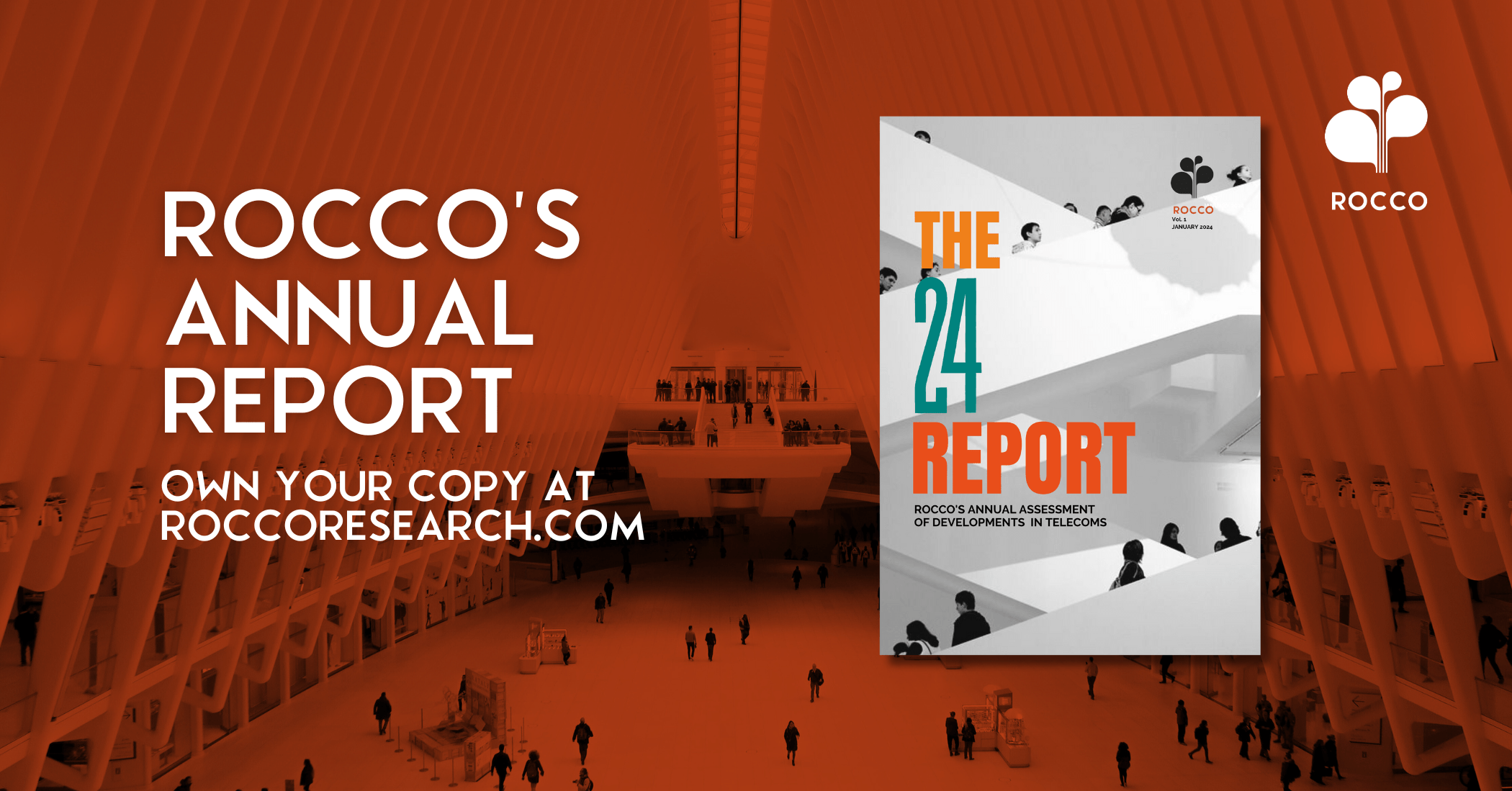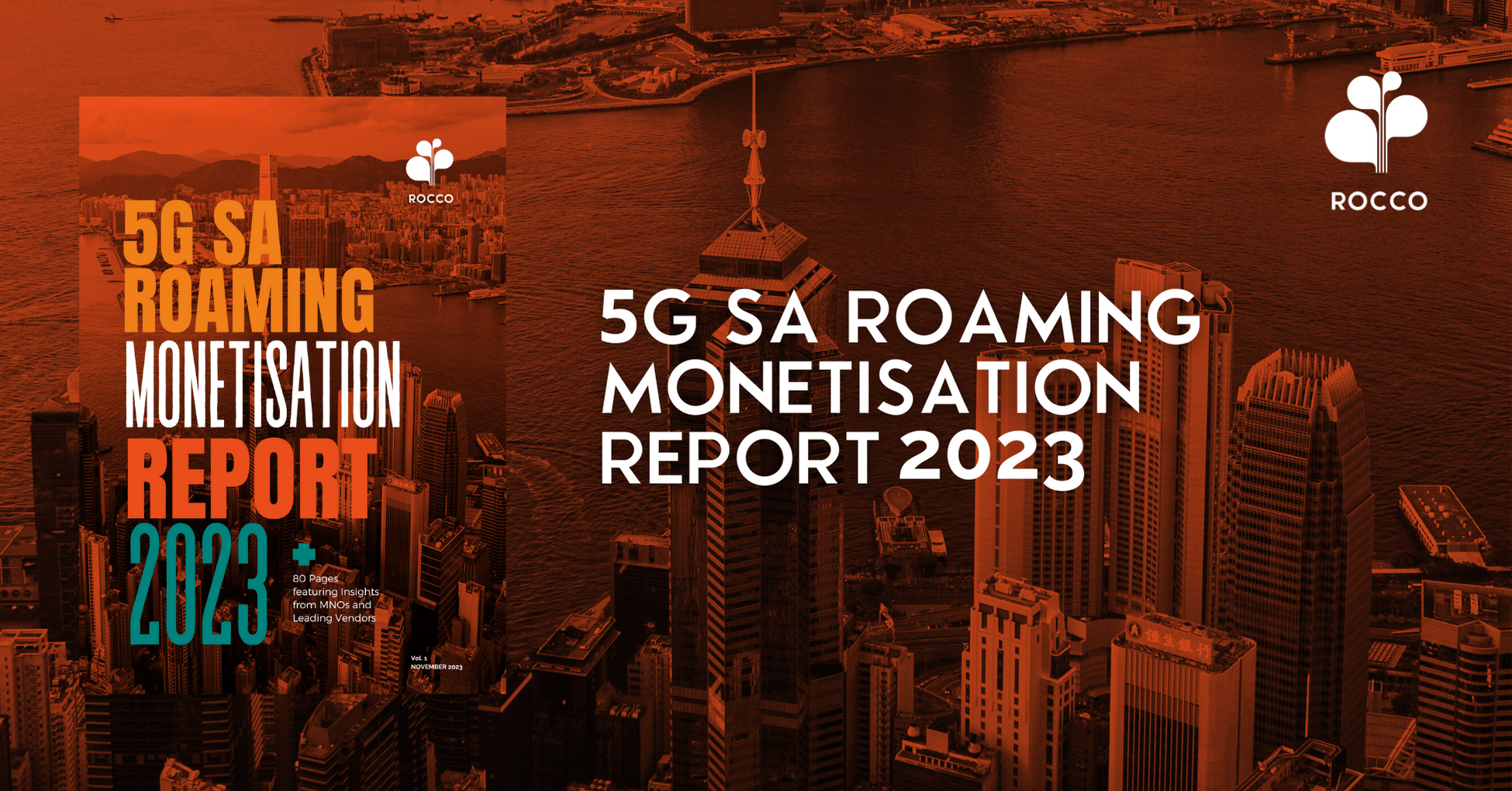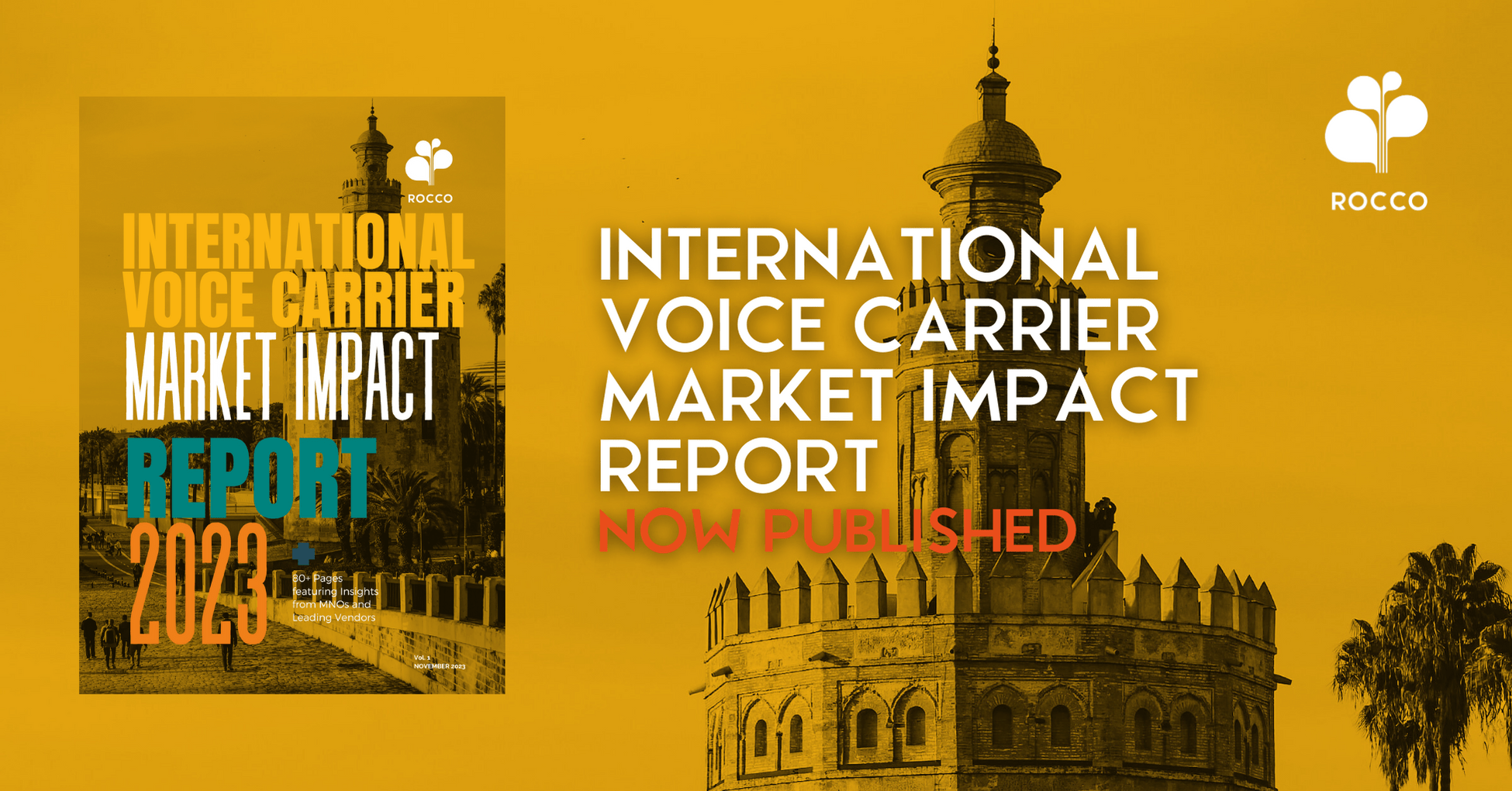As we all know, opinions about how to do things, as with cultures in general are thankfully vastly diverse. Understanding and submerging ourselves in a new culture can be about agreeing to invest in serving a system that might seem alien to us at first.
Should we change the way we do business to suit the cultures of others? If so, just how much should we adapt to support culturisation and should it be balanced between Vendor and Client?
I’m British but I live in Rome. As anyone who has ever visited Rome knows, the city is marked with a four letter abbreviation which you will find in the street on everything from water fountains to rubbish bins, “SPQR” (Senatus Populus Que Romanus) “The Senate and the People of Rome”. It refers to the two main sources of political authority in the first century BC Rome, where the authority was with the people and the decrees of the senate where were with the emperors. There is also however, another more recent variation of the meaning of SPQR, which goes “Sono Pazzi Questi Romani” meaning, “these Romans are mad”.
Every time I tell a non-Italian I live in Rome, I get the “how” questions: How did you decide to live there and how long will you stay? And every time I tell an Italian I live in Rome, I get the “why” questions: Why would you choose to live in Rome? Why would you leave London? Nothing works here, you will see!!!
These perspectives for me are simply wonderful, since diversity in culture is a learning opportunity and breaks down barriers between cultures. While I believe that multicultural environments are optimal, I also believe in progress and on balance, if I choose to live somewhere new, I should be the one to accept the local cultural specifics.
While it’s not only a matter of respect, to fit in and not cause offence, it’s also actually just more productive for you to mimic the style and nature of the culture that you are engaging with, even if your own culture is very different.
Why is this?
Because simply speaking, you will be accepted more gladly and more likely to get what you want than if you rebel against it.
So because I want to work within the culture of the wonderful city I live in I make the best efforts to follow the cultural behaviours of the locals (except driving with a smartphone in one hand and a gelato in the other ;) ).
Culturisation in International business
Some companies culturise with great effect. They invest in truly international customer service that focuses on culturalisation. If the customer is always right, then this means, not only speaking the language of your client, but also putting employees in easy reach of the client and understanding the local rules of doing business with them.
Some companies even offer to their client personnel whose names have been localised, whose dress, approach have also been localised in order for the client themselves, not have to make great cultural changes to work with that company.
But how far can any company go in the culturalisation approach? As far as necessary or as far as needed?
And what if the cultralisation means that the company must disobey its own ethics, change its procedures, systems or maybe its whole organisation to win over and support a client? Then it is for the company to decide what the right approach may be with a specific client.
Within our Industry
In Roaming and Interconnect, Operators mostly choose vendors based on familiarity and cultural similarities. Sometimes this works to their credit, sometimes they may not be as open as they could be to the services of culturally different providers. You can see across the industry how Vendors in specific countries often pair with Operators in those same countries. On balance, it shouldn’t matter from which culture you are as to how you deal with a client. In the Roaming And Interconnect Industry Operators have grown to expect the vendor to:
- Provide resources in their clients time zones or at least responsive during the clients working day
- To speak the language of client, attempt to do so, or make communications simple as possible within a common language
However, a companies commitment to customer service is a commitment to the client and whatever cultural specifics that brings. We all know happy Clients buy more and they recommend the company to others.
Of course there is always a place for innovation between the processes between the parties, but on the condition that customer service remains optimal. Investing in a customer service experience that has care, quality and capability for the client is an important choice for a company and one that brings countless benefits.

How far do your vendors go to culturise themselves to your needs? Should they do more or is to just enough? What would you expect of a small company who has great services, but cannot invest in multiple offices?
The debate is open now within our Customer Service survey of Roaming and Interconnect vendors in the market. Operators views are welcome and appreciated by Operators and by vendors across the industry.

Jason Bryan is C.E.O. of ROCCO

Launched on 4th January ROCCO Research introduced a new study for Operators about the vendors they outsource to for Roaming and Interconnect, featuring these three themes of Care, Quality and Capability.
We are interested in the particularities of Customer Service within our industry and what that means to Operators.
The survey is confidential, quick and easy to complete and the Operators taking part receive an exclusive report with insights into all the vendors, plus a chance to win Apple watches.









